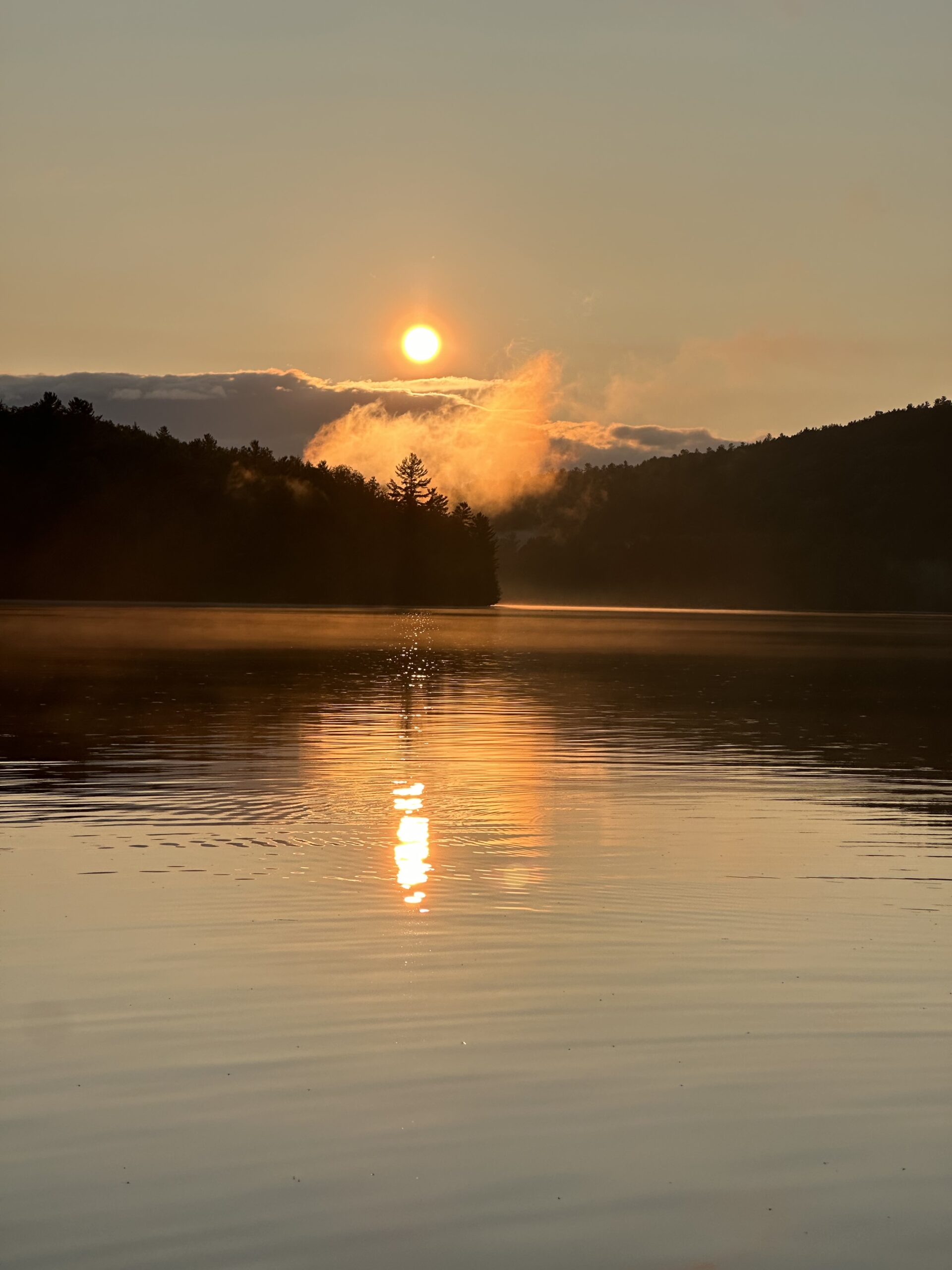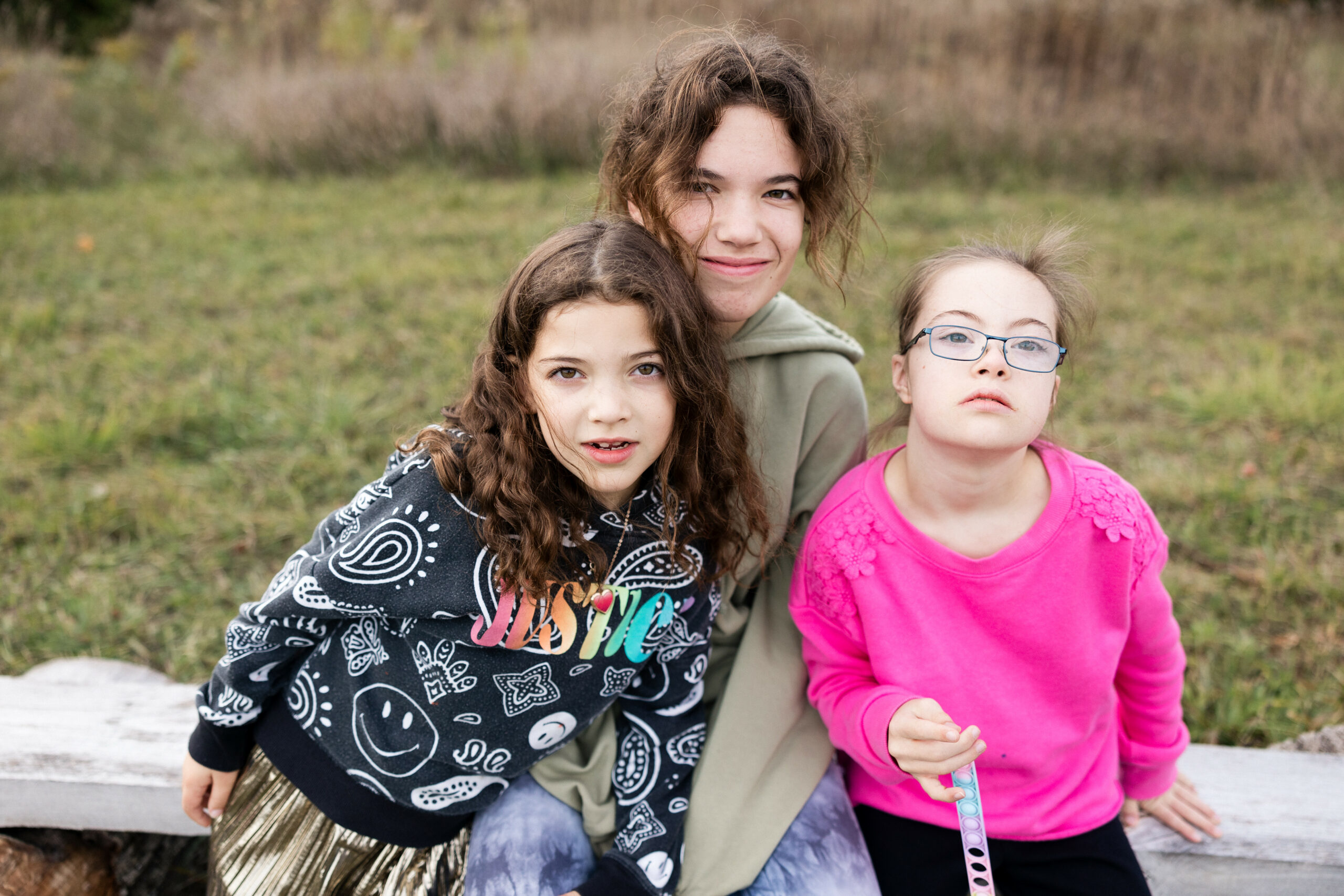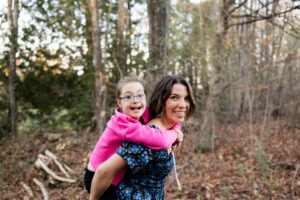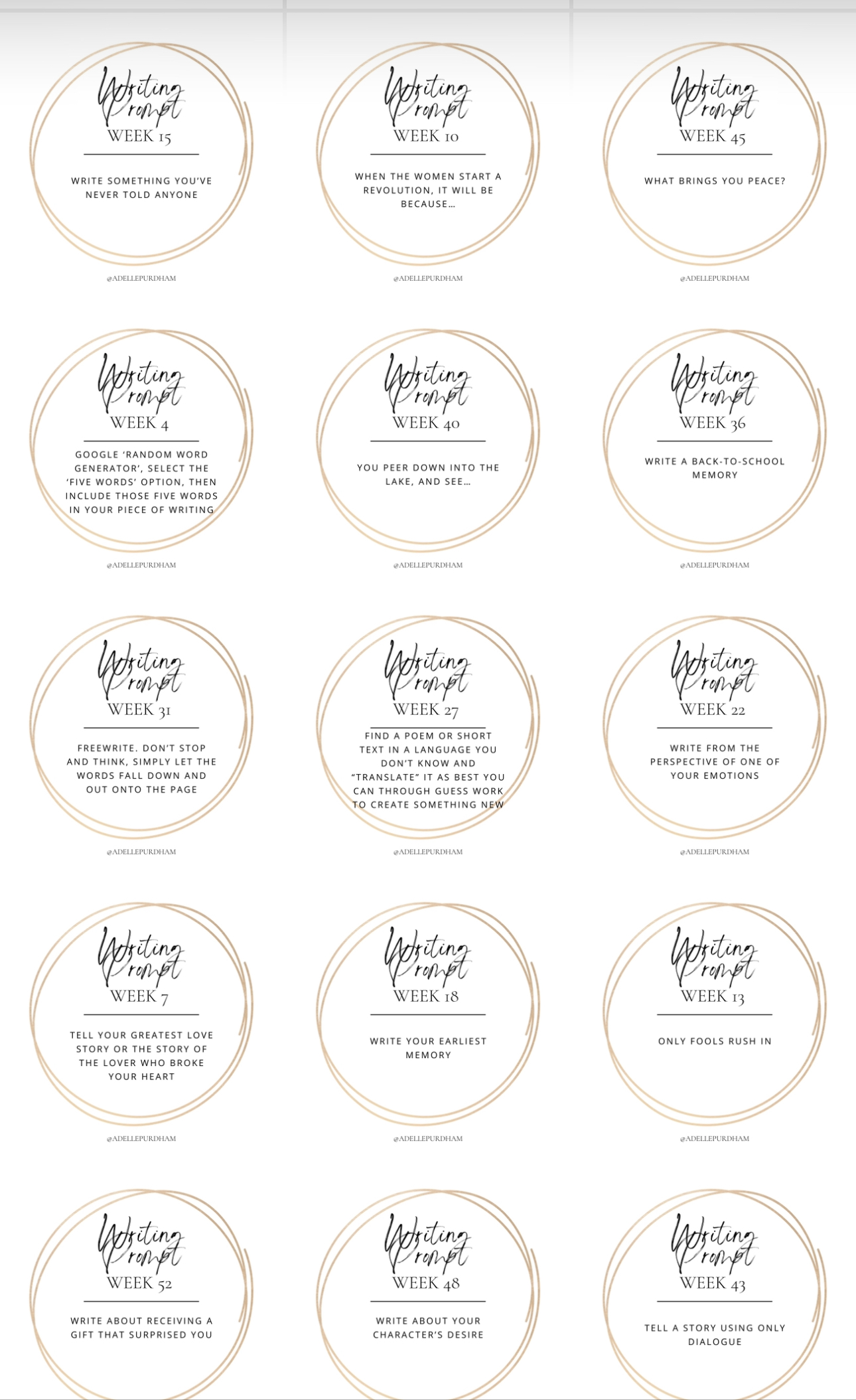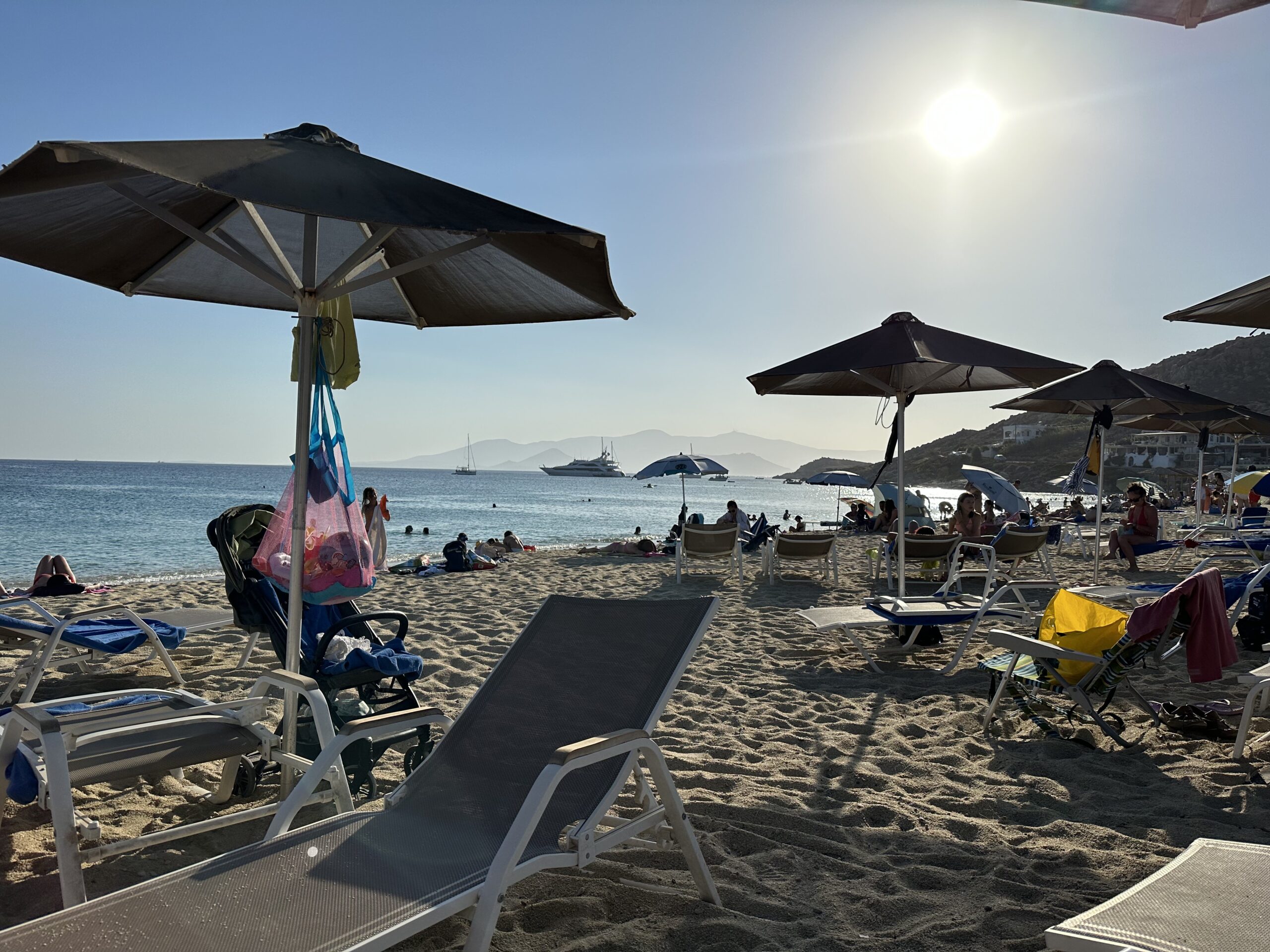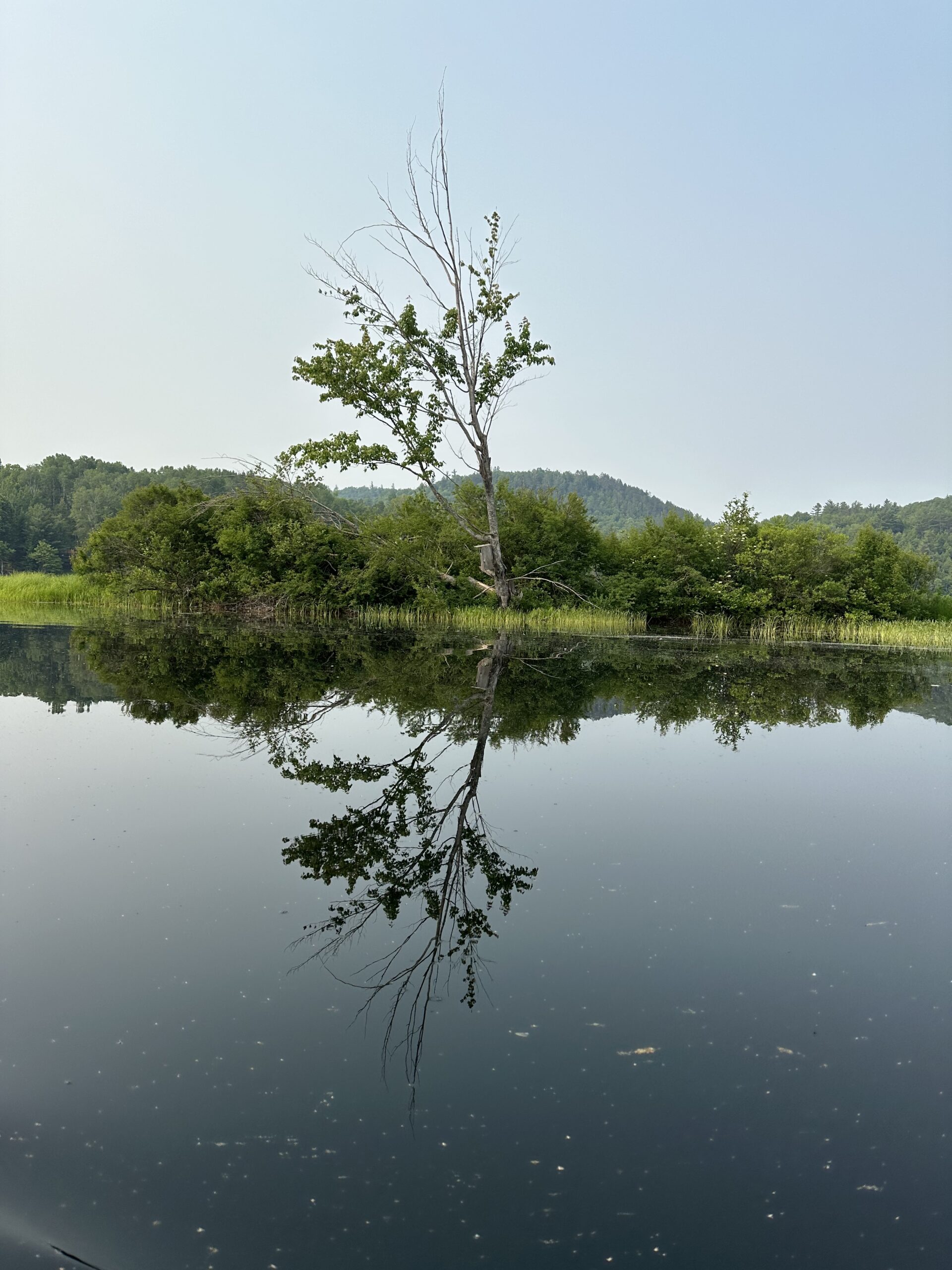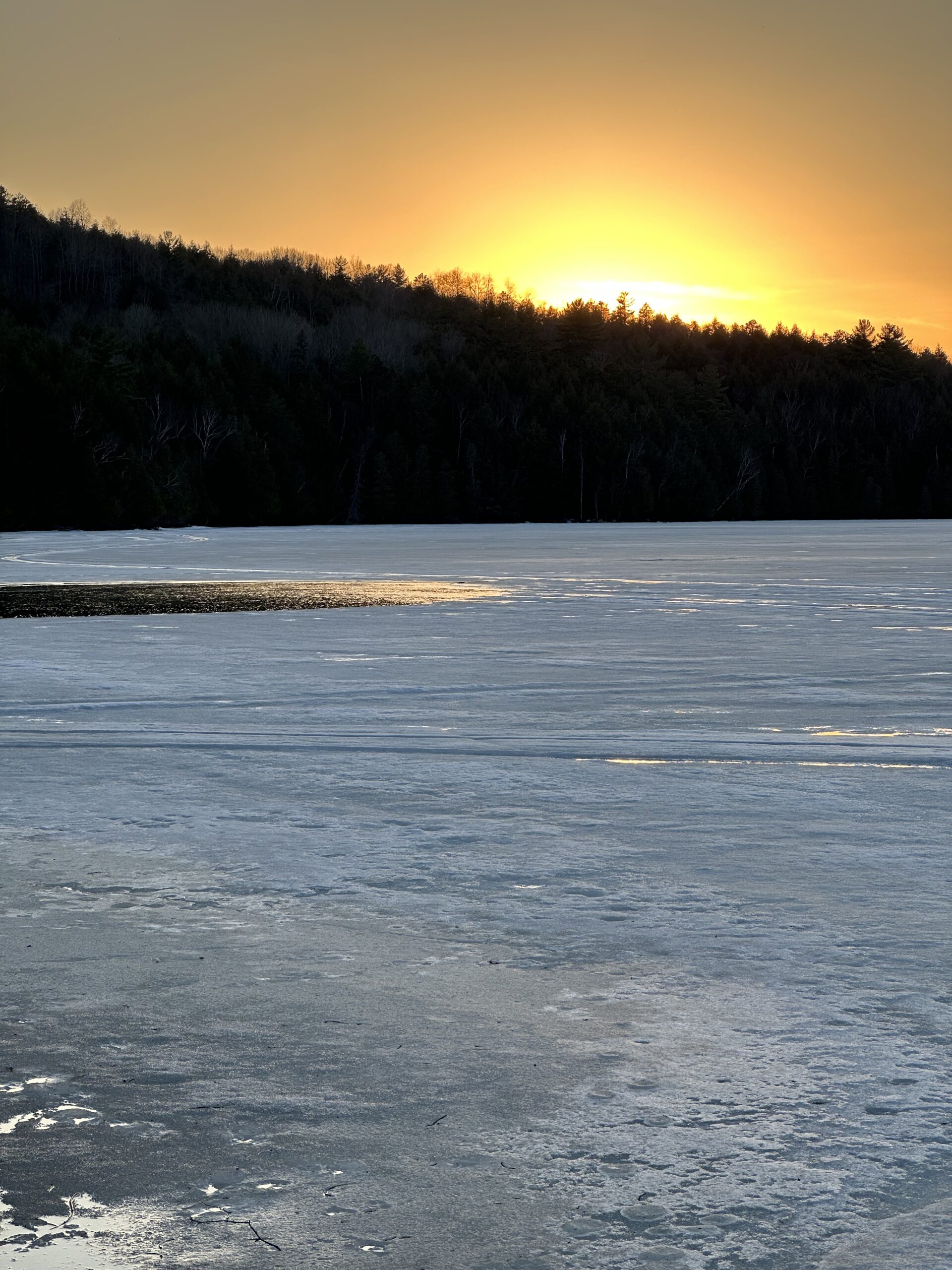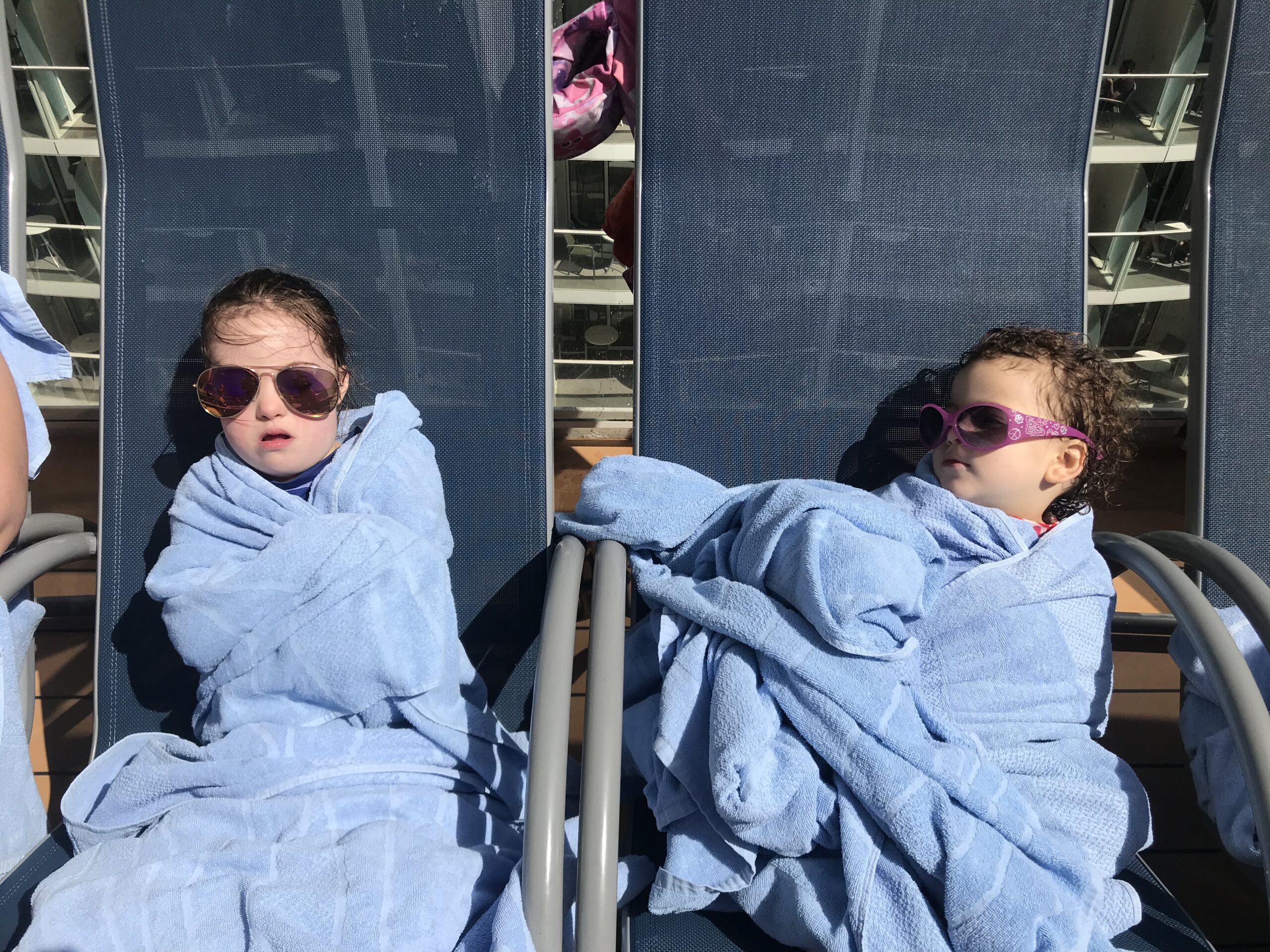* This post originally appeared in The Shit No One Tells You About Writing Newsletter in December 2024.
The Cunning of the Innocent: Showing the Unsavory Side of Yourself in Memoir
By Adelle Purdham
Content Warning: Family Violence, Child Abuse
What if I told you a mother slapped her daughter? Now, what if I told you that she’s a devoted and loving mother—would you believe me? Is the order of these two pieces of information important? What if I now add in that her daughter has Down syndrome; that the mother slapped her on the face, that the daughter was five years old at the time? Do these details cause you to judge or despise the mother more? Do they make her more of a monster?
What if I began my story again, but this time, I owned up to my mistakes and told you that the mother was me?
Let’s read the scene as it appears in my memoir, I Don’t Do Disability And Other Lies I’ve Told Myself, and break down why I included this particular difficult passage.
The Scene:
“The worst thing I’ve ever physically done to Elyse is slap her little cheek. Not hard; not like you’d slap a man who cheated on you, but hard enough that it stunned us both. She burst into tears.
Before the slap, she had been screaming, screaming, screaming. My husband was away for work, and I had to get the kids to school on time. I needed Elyse to get ready. I had to breastfeed the baby, stay up all night, make the meals, clean the house, pack the lunches, breastfeed the baby again, stay up all night. I needed Elyse to get ready. I needed her to stop screaming. Stop screaming in my face. Stop. How could I make her stop? I was slipping past the edge.
I apologized afterward. Of course I apologized. I bent down to her level and looked her in the eyes. And she slapped me back.”
The Matter of Details:
There’s no excuse for violence, but pertinent details and context here are important for conveying how a typically loving mother—me—can get to a place of the grotesque and become the monstrous.
As writers, the details we relay to readers matter. Not only the details that we choose to include, but the ones we exclude. Not only the details themselves, but the order in which we choose to present them. So, too, does context. This scene of “warm violence” (defined in “Reverberations of Institutional Violence: A Spectrum” as “the way institutions handle transgressions: slapping, spanking, solitary confinement in “side rooms,” restraints, and tranquilizers) is framed in the context of an institutional past where individuals with Down syndrome were dehumanized, and so the reader understands I am unwittingly perpetuating that violence and its pervasiveness.
Why This Scene Was Necessary:
Vivian Gornick writes, in her incredible craft book The Situation and The Story: the art of personal narrative, that “for the drama to deepen, we must see the loneliness of the monster and the cunning of the innocent.”
The moment of the slap marks the pinnacle of drama in the relationship between my daughter and I, and it’s also a crucial moment of having to reconcile the monster within myself, a fracturing of my identity as “good mother”, and a point in time that has helped me come to terms with my own ableism. My identity of “good mom” was put into question during this scene—and that is exactly why I had to show it.
Real life is messy. In real life, people make mistakes. In real life, events happen and people make decisions and take actions that they would not want to admit to out loud. This scene symbolizes a lie I told myself, a lie that is, out of necessity, the mantra of “good girls” and “good mothers” everywhere: I can do it alone; I don’t need help. Good mothers aren’t supposed to need any help, and they should show up on time. Good mothers are immune to anger, and resist any urge to react in a physical way—and so I failed to be a good mother and the drama deepened.
This scene also offers a true-to-life and counter-stereotypical view of my daughter with Down syndrome, with insights into her character. She isn’t some passive, happy-go-lucky child who is going to put up with being treated badly—she fought back. Using the same literary tools as in fiction, the characters in memoir deserve to be fully fleshed out on the page.
If we don’t talk about our failures and instead wallow in shame and silence, we won’t allow for circumstances to change, for ourselves to become transformed for the better. If, as memoirists, we shy away from difficult or unflattering subject matter, we won’t allow for others to learn from our mistakes—and we also won’t be writing a story that’s true to lived experience.
Sympathy for the Subject:
To break the cycle of violence against people with intellectual disabilities, and those with Down syndrome specifically, I can call out other people on their ableist bullshit and the transgressions they’ve committed against my daughter—and I do in other parts of the essay and the book, and I will continue to do so—but if I’m going to call out others then, if nothing else than for the sake of authenticity and believability as a narrator, I’d better first look within. From a craft perspective, if I write myself on the page as the moral crusader, the reader will stop reading. If I want anyone to actually hear me, then I must show them how I’ve failed and how that failure has transformed me.
Conversely, I refuse to paint myself as a villain for committing one big mistake. As Gornick explains: “In all imaginative writing sympathy for the subject is necessary not because it is the politically correct or morally decent posture to adopt but because an absence of sympathy shuts down the mind: engagement fails, the flow of association dries up, and the work narrows.”
Expansion:
As memoirists, we’re inviting readers into our lives as a means of expansion: come and stand a day in my shoes. This is an empathy-building exercise. We must show our triumphs and spectacular failures, and then allow readers to decide for themselves—would I have flourished or made the same mistakes? And what would I do now that I know better? What to do now.








